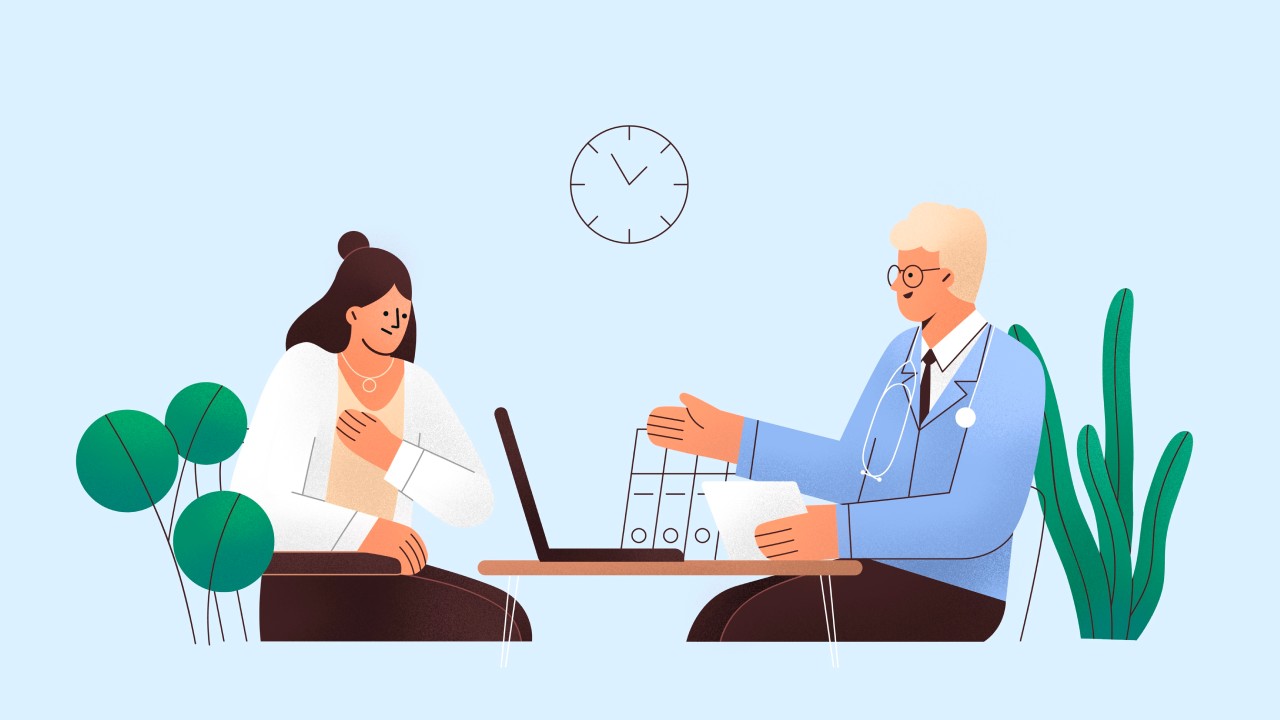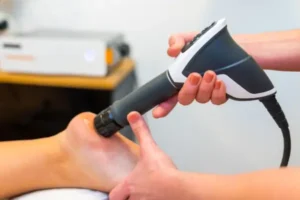Contrary to popular belief ! we don’t want to see you weekly for the rest of your life! They goal is to improve your condition and then monitor your overall health and movement moving forward.
This maximises your performance and minimises big, unchecked flare ups. Here is what to expect :
- History: We’ll take the time to get to know you and understand what has brought you in. This includes discussing what is causing pain, discomfort or dysfunction and exploring your past and current health journey, and gaining a holistic picture of your wellbeing. We’ll also talk about your health goals and what you’d like to achieve from care that day.
- Assessment: Depending on your presentation, this may include range of motion testing, orthopaedic testing, functional and muscle testing, and if necessary, neurological testing & standard vitals like blood pressure and hear rate.
- Plan of Care & Treatment: Once we’ve gathered all the information, we’ll explain your diagnosis, why it may have developed, and which treatment approach is most effective—drawing from both scientific research and our clinical experience. Importantly, your care is always a team effort. If you’re unsure about a particular style of treatment, we’ll discuss alternatives so that you feel comfortable and confident moving forward. We will then provide treatment for you on that first appointment.
What to Expect on Your Second Appointment
During your follow-up visit, we’ll review your diagnosis and assessment findings from the first session and present to you a handout summary to take home. We’ll go over your personalized treatment plan, making sure it aligns with your needs and goals. We’ll also provide options so that your care fits within your preferences and lifestyle.
Our ultimate aim is to support your healing, wellbeing, and long-term health outcomes. We never will push a treatment option or plan, however, there will be a number of appointments and types of treatment that work best for that diagnosis and your body.
With this care plan there will always be some form of adaptive exercises (stretches, stability, strengthening, mobility) which will be provided to help stabilise and support the condition you are presenting with. This helps minimize frequency and intensity of flare ups.
The Importance of Preventative Care
Care isn’t just about addressing pain once it appears—it’s also about prevention. Regular treatment can help keep your body functioning well, reduce the likelihood of future injuries, and support your overall health and wellbeing.
Preventative care empowers you to stay active, resilient, and in control of your long-term health journey. With out holistic approach and continued patient education we keep you optimized to take control of your health and your goals.
Disclaimer: This post is for general information only and is not a substitute for personalised medical advice. If you’re experiencing recurring or concerning symptoms, especially neurological ones and or severe uncharacteristic headaches, please speak to your GP or seek urgent medical care. Social media isn’t a diagnosis tool, even when it’s run by a qualified health professional.





